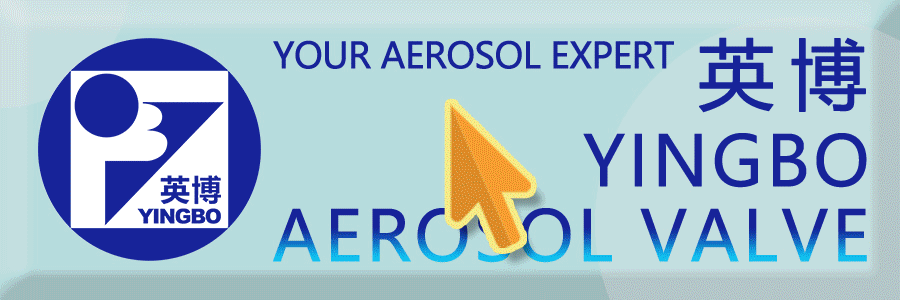Report: Ball finds some of its products contain “Conflict Minerals”
Ball Corporation has conducted an analysis of its products, and found that some of them contain "Conflict Minerals that are necessary to their functionality or production", it said in a report filed with the US Securities and Exchange Commission (SEC).
Conflict Materials are defined by the SEC as: "cassiterite, columbite-tantalite, gold, wolframite, and their derivatives which are limited to tin, tantalum, tungsten, and gold".
The Securities of Exchange Act of 1934 contains Rule 13p-1, which imposes reporting obligations on SEC registrants whose manufactured products contain conflict materials necessary to the functionality or production of their products.
Ball said it has identified suppliers "that potentially provide materials and/or components containing Conflict Minerals for our beverage or aerosol containers and the components manufactured by our aerospace division pursuant to the steps in our due diligence program."
"Based on our assessment of the responses from our suppliers, we have reason to believe that some of the necessary 3TG used in our products may have originated in a Covered Country [Democratic Republic of the Congo or an adjoining country] and may not have come from recycled or scrap sources," Ball said.
In a reporting process, whereby it uses the Reporting Template as a tool to collect information from its suppliers regarding the smelters and refiners from which Conflict Minerals supplied are derived, it received responses from 78% of suppliers surveyed.
Of these, 15% indicated that their products contained no 3TG; thus they were not in-scope. Almost a quarter (22%) of the suppliers surveyed did not respond to Ball's initial survey request or the additional follow-up it conducted.
Ball added that 114 smelters listed "were not certified as conflict free under the RMAP [Responsible Minerals Assurance Process] as of the time we reviewed the RMAP list of certified conflict free smelters when our due diligence program was performed."
It observed that some smelters may have not been compliant for the whole year, some may have failed their re-audit since Ball's due diligence was performed and could be in the process of addressing issues, or some smelters may have expired certifications since its due diligence was performed.
Seven (7) smelters on Ball's list are "active" smelters, meaning they have not yet completed their first audit so it is not yet known if they are compliant or not.
The company said that it intends to continue taking steps to improve due diligence conducted regarding Conflict Minerals. This is to mitigate any risk that the necessary Conflict Materials in its products could benefit armed groups in the Covered Countries.
These steps include:
- Reviewing its due diligence process to ensure all relevant suppliers are sent the Reporting Template, that information is adequately collected and reviewed, appropriate follow-up measures are taken, and that any documentation is centrally collected and maintained;
- Continuing to track communication with suppliers, including through a compliance platform, to attempt to increase the response rate and improve the content and accuracy of the supplier Reporting Template responses;
- Attempting to engage any of its suppliers found to be supplying the company with 3TG from Covered Countries that support conflict to establish an alternative source of 3TG that does not support such conflict;
- Continuing to include a Conflict Minerals clause in new supplier contracts.
View the filing here.










